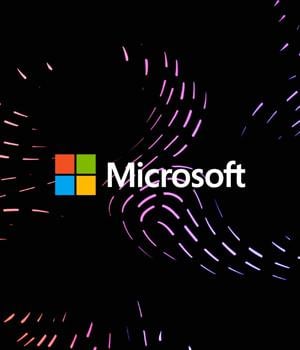Security News > 2022 > July > Microsoft: Phishing bypassed MFA in attacks against 10,000 orgs

Microsoft says a massive series of phishing attacks has targeted more than 10,000 organizations starting with September 2021, using the gained access to victims' mailboxes in follow-on business email compromise attacks.
In some of the observed attacks, the potential victims were redirected to the landing pages from phishing emails using HTML attachments that acted as gatekeepers ensuring the targets were being sent via the HTML redirectors.
"A large-scale phishing campaign that used adversary-in-the-middle phishing sites stole passwords, hijacked a user's sign-in session, and skipped the authentication process even if the user had enabled multifactor authentication," the Microsoft 365 Defender Research Team and Microsoft Threat Intelligence Center said.
The phishing process employed in this large-scale phishing campaign can be automated with the help of several open-source phishing toolkits, including the widely-used Evilginx2, Modlishka, and Muraena.
To defend against such attacks, Microsoft recommends using "Phish-resistant" MFA implementations with certificate-based authentication and Fast ID Online v2.0 support.
"While AiTM phishing attempts to circumvent MFA, it's important to underscore that MFA implementation remains an essential pillar in identity security," Redmond added.
News URL
Related news
- Darktrace: 96% of Phishing Attacks in 2024 Exploited Trusted Domains Including SharePoint & Zoom Docs (source)
- Phishing attack hides JavaScript using invisible Unicode trick (source)
- Microsoft fixes Power Pages zero-day bug exploited in attacks (source)
- Botnet targets Basic Auth in Microsoft 365 password spray attacks (source)
- FatalRAT Phishing Attacks Target APAC Industries Using Chinese Cloud Services (source)
- Hackers Exploit AWS Misconfigurations to Launch Phishing Attacks via SES and WorkMail (source)
- New ClickFix attack deploys Havoc C2 via Microsoft Sharepoint (source)
- YouTube warns of AI-generated video of its CEO used in phishing attacks (source)
- Microsoft Warns of ClickFix Phishing Campaign Targeting Hospitality Sector via Fake Booking[.]com Emails (source)
- Ukrainian military targeted in new Signal spear-phishing attacks (source)